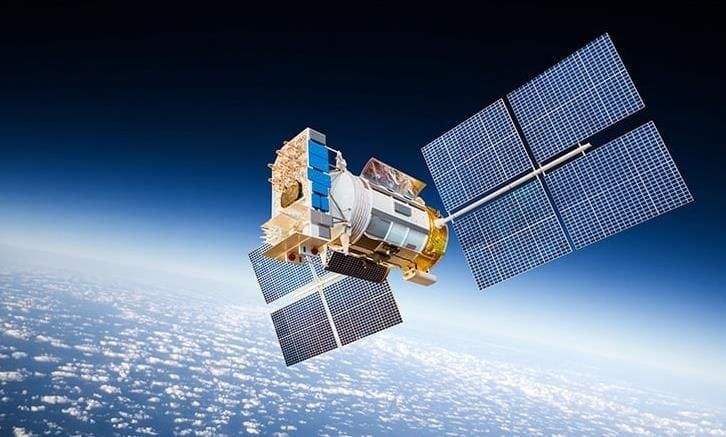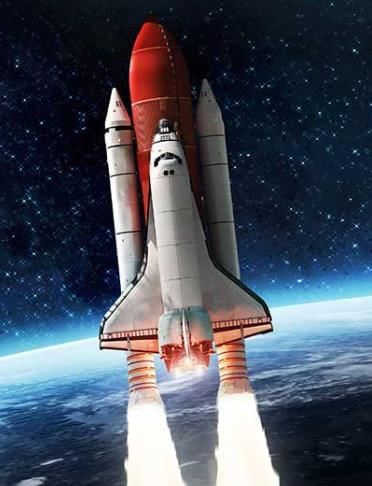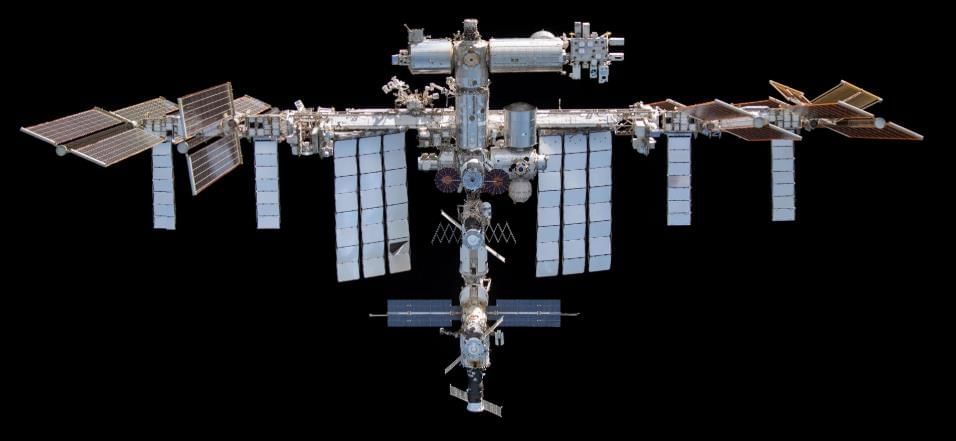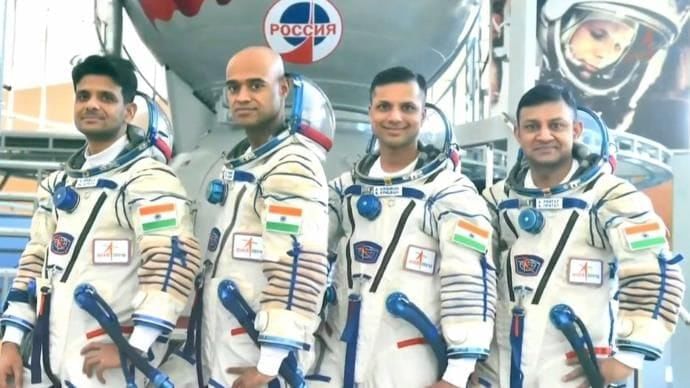Space Explorations | General Knowledge for Young Learners - Class 1 PDF Download
| Table of contents |

|
| Satellites |

|
| Rockets |

|
| Space Stations |

|
| Astronauts |

|
| Importance of Space Exploration |

|
Space exploration is the study and discovery of outer space using science and technology. Humans have always looked at the night sky with curiosity, wondering what lies beyond Earth. Over the last few decades, space exploration has helped us learn about planets, stars, galaxies, and even the origins of the universe.
This document covers Satellites, Rockets, Space Stations, and Astronauts – the four key elements of modern space exploration.
Satellites

- Natural satellites – like the Moon, which orbits the Earth.
- Artificial satellites – man-made objects launched into space for specific purposes.
Types of Artificial Satellites
Communication Satellites – Carry signals for TV, phones, and internet (e.g., GSAT series by ISRO). Weather Satellites – Help track weather patterns and natural disasters (e.g., INSAT series). Navigation Satellites – Provide GPS and location services (e.g., NAVIC – India’s navigation system). Scientific Satellites – Used for space research and observing planets, stars, and galaxies (e.g., Hubble Space Telescope). Military Satellites – Used for defense and security purposes.
Interesting Fact: The first artificial satellite was Sputnik 1, launched by the Soviet Union on October 4, 1957.
Rockets
Rockets are vehicles used to launch satellites, probes, and astronauts into space. They work on the principle of action and reaction (Newton’s Third Law of Motion).
Key Components of a Rocket
- Propellant – The fuel and oxidizer that power the rocket.
- Engines – Burn fuel to generate thrust.
- Payload Section – The part that carries satellites, probes, or astronauts.
Famous Rockets
- Saturn V – The rocket that took humans to the Moon during NASA’s Apollo missions.
- Falcon 9 – A reusable rocket developed by SpaceX, reducing the cost of space travel.
- PSLV & GSLV – Indian rockets developed by ISRO for satellite launches.
Latest Advancements
- Reusable Rockets (SpaceX’s Falcon 9, Blue Origin’s New Shepard) are making space travel more affordable.
- Artemis Program aims to take humans back to the Moon and eventually to Mars.
Space Stations
A space station is a large spacecraft where astronauts live and work for long periods. It orbits Earth and serves as a research laboratory.
International Space Station (ISS)
- Launched in 1998, built by USA, Russia, Japan, Canada, and Europe.
- Astronauts perform experiments in biology, physics, astronomy, and medicine.
- Orbits Earth about 16 times per day.
Other Space Stations
- Tiangong Space Station – China’s modular space station, fully operational since 2022.
- Planned Space Stations – India is working on its own space station, expected by 2035.
Astronauts
Astronauts are trained professionals who travel to space. Famous Astronauts
Famous Astronauts
- Yuri Gagarin – First human in space (1961).
- Neil Armstrong – First human to walk on the Moon (1969).
- Kalpana Chawla – First Indian-born woman in space.
- Rakesh Sharma – First Indian in space (1984).
Life in Space
Astronauts live in microgravity, where everything floats. They:
- Eat specially packaged food.
- Exercise daily to prevent muscle and bone loss.
- Wear spacesuits to protect themselves during spacewalks.
Importance of Space Exploration
- Helps us understand Earth better (climate, weather, natural disasters).
- Enables technological innovations (GPS, satellite communication).
- Inspires scientific curiosity and international collaboration.
- Opens possibilities for future human settlement on other planets.
|
64 videos|153 docs|40 tests
|
FAQs on Space Explorations - General Knowledge for Young Learners - Class 1
| 1. What are satellites, and what role do they play in space exploration? |  |
| 2. How do rockets work, and why are they essential for space missions? |  |
| 3. What is a space station, and what activities are conducted there? |  |
| 4. Who are astronauts, and what training do they undergo? |  |
| 5. Why is space exploration important for humanity? |  |















